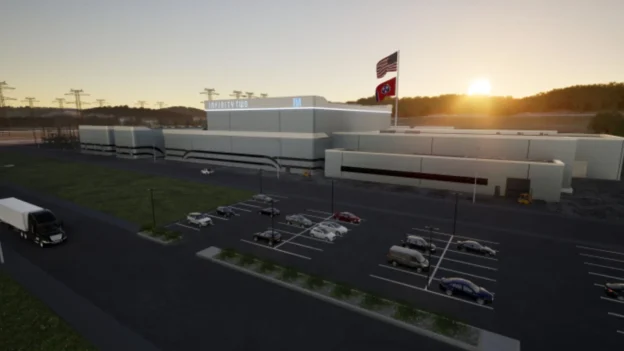The Tennessee Valley Authority(TVA) issued a letter of intent to Type One Energy to evaluate the deployment of Infinity Two at the former Bull Run Fossil in Tennessee, a fusion plant with a market-ready technology. The LOI opens an avenue for joint work, although final decisions on financing, construction and eventual power purchases remain subject to TVA board approval, regulatory review and least-cost planning.
Commercialization of the Tennessee fusion plant
According to the Infinity Two project‘s technical approach, the plant is targeting 350 MWe of capacity with stellarator fusion technology. This class of devices has demonstrated stable and steady-state operation, with high efficiency, qualities aligned with the need for on-demand generation with high reliability and competitive prices. Likewise, the proposal is based on proven materials and high field superconducting magnets to limit the risk of short term implementation.
From TVA, Don Moul stressed the priority of advanced nuclear technologies to sustain economic growth and compute-intensive loads, and spoke of the “possibility of building America’s first commercial stellarator fusion plant in the Tennessee Valley.”
For his part, Type One Energy CEO Christofer Mowry called the LOI consistent with a lower-risk approach to commercialization. Governor Bill Lee remarked that Tennessee is “ready to lead” with safe, clean and reliable energy and that the project can drive quality jobs in Oak Ridge.
This document contemplates that the prototype facility could serve as a training center for Infinity Two operators and maintenance personnel. In an area such as Oak Ridge in Tennessee, this can accelerate the development of local capabilities and the supply of specialized talent for the commercial operation phase.
Following the LOI, the parties will work on definitive agreements on investment, construction and potential power contracts. Any execution event will be conditional on governance approvals and current regulatory processes. In the meantime, the technical team is making progress on plant design, systems integration and supply chain.
Source and photo: Type One Energy

